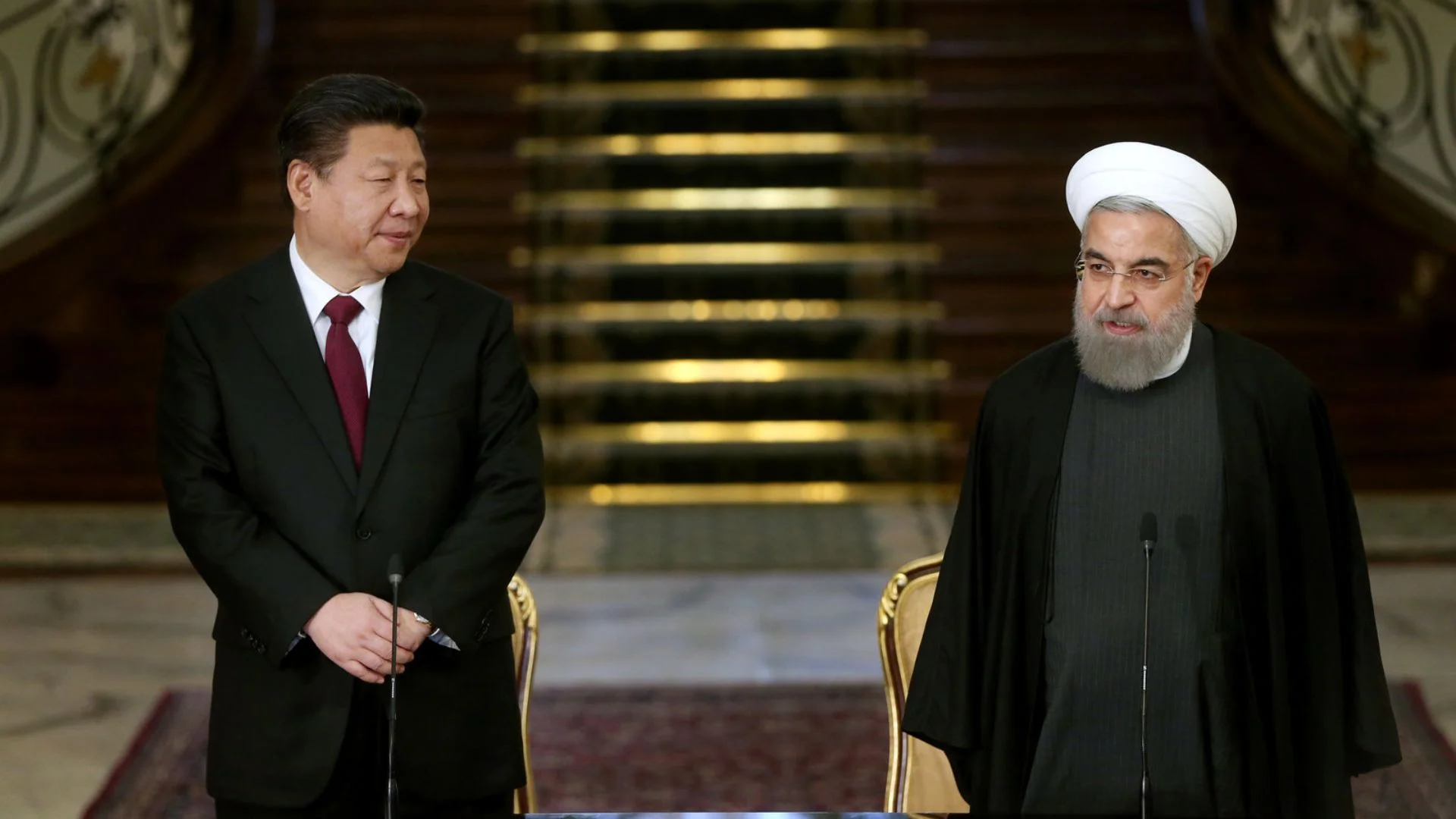India is often viewed as a country that sends mixed messages to the world’s investors about its investment opportunities. Investors frequently struggle with deciding whether or not to make a commitment to invest in India. It is important to recognise the admirable efforts made by the Government and the Judiciary to make India a hub for arbitration.
In the quest for a suitable legal market, international Multinational Corporations (MNCs) are primarily concerned with the ease of resolving legal disputes related to their business operations. The enforcement of contracts holds utmost importance in this regard. However, engaging with Indian courts often results in protracted litigation, causing companies to be entangled in legal processes with no clear resolution in sight.
Recognizing the advantages of arbitration and other alternative dispute resolution (ADR) methods over traditional litigation, many companies and international corporations favor these approaches. Arbitration, in particular, offers a means to settle disputes outside the formal court system, allowing parties to select arbitrators to function as adjudicators, providing greater flexibility in the resolution process.
A recent pivotal ruling by the division bench of the high court has further bolstered the appeal of arbitration in India. The court decreed that entities providing third-party funding for arbitration are not obligated to bear adverse awards in arbitration claims. This landmark decision signals a transformative shift in the Indian legal landscape, showcasing a growing inclination towards fostering an environment conducive to arbitration and mediation.
Arbitration has emerged as the preferred method for resolving commercial disputes in India due to its flexibility, efficiency, and confidentiality. Parties involved in disputes can opt for a convenient timeframe and venue, a notable departure from the rigid structure of traditional court proceedings. However, challenges persist, primarily in the form of the costs associated with arbitration proceedings and the potential for extended legal battles, posing significant hurdles for the involved parties.
Where India Strands On the International Arbitration
India’s standing in international arbitration is characterized by a mix of achievements and obstacles. The country has made notable strides through the establishment of arbitration centers and legal reforms, yet challenges endure. Persistent issues include delays in resolving disputes, sporadic judicial interference, and a lack of widespread awareness hinders India’s ascent as a leading global arbitration hub. Government endeavors, exemplified by the Arbitration Council of India, seek to tackle these issues. Navigating this dynamic scenario requires a steadfast dedication to improving efficiency, minimizing delays, and cultivating a legal environment conducive to international arbitration.
Arbitration : Its Role In India
Despite India’s extensive history of arbitration, it faces significant impediments to becoming a prominent arbitration hub, unlike countries such as Singapore and Hong Kong. While India possesses favorable geography, several factors hinder its progress. These include the absence of a unified Exclusive Arbitral Tribunal representing the entire nation, the Central Government and Supreme-Court’s reluctance to promote arbitration, and India’s low ranking in Ease of Doing Business. While I was writing the Piece I have assesses five factors contributing to the setback and explores lessons India that can glean from neighboring Asian countries to accelerate its growth in arbitration.
Where India Is Lacking
1.Jurisprudential Certainity
In the realm of arbitration, the selection of the “seat” and the arbitration institution is pivotal for stakeholders. The Arbitration and Conciliation (Amendment) Act, 2015, addressed issues in international commercial arbitration, with the Supreme Court refining concepts like “patent illegality” and limiting the applicability of the Arbitration and Conciliation Act, 1996. The legislative intervention aimed to curb unreliable jurisprudence, yet its success hinges on judicial interpretation. To fortify arbitration, it is proposed to appoint judges with demonstrable arbitration expertise. While the Commercial Courts Act, 2015, mandates judges with experience in commercial disputes, there is a need for specific specialization in arbitration. Amendments, particularly in Section 3(3) of the Act, could ensure judges with demonstrable expertise in arbitration, enhancing the effectiveness of domestic courts in supporting the arbitration process.
2.Enforcement of Foregin Award
Post the rendering of arbitral awards, domestic courts in India not only play a crucial role in supporting arbitration but also grapple with intricate issues during the enforcement stage. The 2015 amendments, particularly clarifying the “public policy” exception, aim to establish consistent jurisprudence for enforcing awards from domestic or India-seated arbitrations. However, challenges arise concerning the enforcement of “foreign awards.” Future scenarios may involve courts deciding whether to enforce awards set aside at the arbitration seat and choosing between the “international public policy” and “domestic public policy” perspectives under the “public policy” exception. While foreign courts like those in France and the US have addressed such matters, Indian courts await the development of a definitive jurisprudence, and their approach will significantly influence India’s reputation as either “arbitration friendly” or otherwise.
3.Other incentives including the right to a lawyer of one’s choice
While the pro-enforcement stance is crucial in evaluating arbitration regimes, the Singapore model provides additional incentives, including tax exemptions and work pass waivers for non-resident arbitrators. However, a Supreme Court judgment in Bar Council of India vs A.K. Balaji & Ors. (2018) restricts foreign lawyers from practicing in India, even in non-litigious matters like international commercial arbitration. While this may deter stakeholders, the judgment, though legally sound, raises concerns for India’s aspiration to be a global arbitration hub. The conflicting stance may impact the enforcement of “foreign awards” administered by Indian arbitral institutions under the New York Convention, potentially challenging the party’s ability to present their case effectively. This anomaly prompts a reevaluation of India’s appeal as an arbitration destination.
4.Establishment of Arbitration Bar
The establishment of a robust arbitration bar is imperative to reduce the number of domestic disputes seeking resolution in foreign jurisdictions. The Arbitration and Conciliation (Amendment) Bill, 2018, proposes the creation of the Arbitration Council of India, aimed at accrediting arbitrators and potentially facilitating the formation of an arbitration bar. Alternatively, the National Dispute Resolution Centre (NDIAC), an institute of national importance, could establish the bar as part of its functions to enhance professionalism in arbitration. For the NDIAC to be effective, a consistent jurisprudence on arbitration matters is crucial, requiring specialized judges. Legislative changes akin to the 2015 amendments may not occur frequently, emphasizing the need for specialized judges. Additionally, focusing on the regulatory role of the government, while leaving the establishment and operation of arbitral institutions to the private sector, may enhance the success of Indian arbitral institutions.
5.Rigid Approach of an Arbitrator
The failure of the arbitration mechanism can be attributed to arbitrators’ inflexible approach. When an arbitrator strictly adheres to the Civil Procedure Code, 1908 (CPC) and conventional evidentiary rules, contradicting Section 19’s explicit exemption from such rigid frameworks, the fundamental purpose of arbitration is compromised. This results in arbitration proceedings resembling conventional civil suits. Furthermore, arbitrators often fail to regulate cross-examinations effectively, allowing lawyers to pose unnecessary and repetitive questions, leading to substantial delays. To address this, arbitrators should not act as mere spectators during cross-examinations; instead, they must actively control the process, restricting questions related to document contents and interpretations.
What can be done
Arbitration in India has shown inconsistent progress, resembling an unpredictable journey. While there has been notable growth in recent years with the establishment of various arbitration centers, the true development of a hub requires more than just infrastructure and prestigious properties. Honest implementation of amendments is crucial, and the focus should extend beyond major cities like Delhi and Mumbai to include business hubs like Kanpur, Ludhiana, Kolkata, and Lucknow. To attract investment, a jurisdiction must prioritize factors such as ease of doing business, contract enforcement, and arbitral award execution. Former Chief Justice of India Ranjan Gogoi emphasized the need for a robust system to handle commercial disputes and urged India to adopt a pro-enforcement approach to boost foreign investor confidence. Lawyers, as officers of the court, should refrain from challenging well-reasoned tribunal awards without valid reasons.
Strengthening arbitration enforcement will enhance India’s attractiveness for investment and benefit the broader economy, currently reliant on agriculture. To increase awareness, institutions should organize conferences akin to international bodies like SIAC and ICC. Additionally, efforts should be directed at training legal professionals and encouraging them to specialize in arbitration, while exploring the possibility of involving foreign lawyers in Indian arbitrations.























